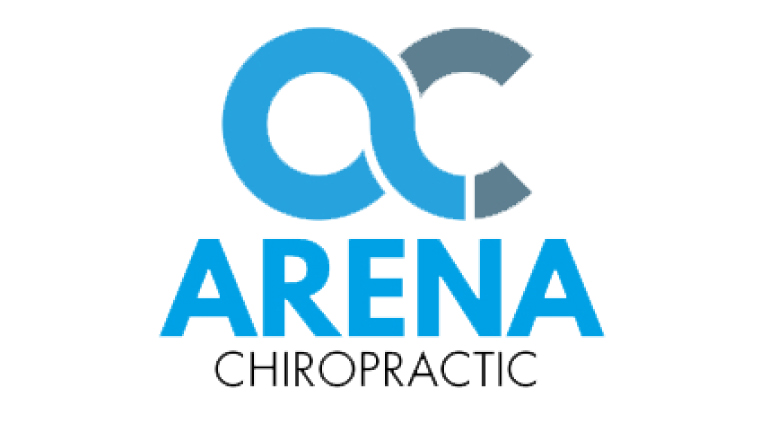Health care breakthroughs are big business. We know this because such news is reported in the Business Section of newspapers and magazines. Discussions relate primarily to the potential impact on the company’s share price and revenues. Possible benefits to patients are a secondary concern compared to the amount of money involved.
Business coverage of these issues is yet another reminder of how far health care has moved away from its original and sole focus on treatment. Sadly, the bottom line has become the bottom line. And yet, there may be real breakthroughs on the horizon. Advances in DNA analysis and nanotechnology may bring us closer to a world of personalized treatment for cancer and other disorders.
For example, university researchers have been working for years on methods to deliver cancer drugs to the actual tumor.1 If possible, this would substantially improve on current treatment which floods the patient’s entire body with highly toxic anti-cancer medication.
These new methods – collectively termed targeted cancer therapy – involve the cancer drugs hitching a ride on very small particles – nanoparticles – which are programmed to seek out and attach to the malignant tumor.2 The toxic drug only interacts with the tumor cells, killing the tumor but not affecting any of the patient’s normal cells. If this research pans out, meaningful progress would be made.
Early detection of disease – cancers, hormonal disorders, inflammatory diseases – is often discussed as a critical factor in the success of treatment. Recently, in the last ten years, progress in the fields of nanotechnology and DNA and protein analysis has brought us closer to real-world early detection.
Researchers are gaining the ability to analyze very small amounts of biomarkers – specialized proteins that may indicate the presence of specific diseases – in both blood and individual cells3. A lot more work needs to be done to standardize these tests and understand which biomarkers are related to which diseases – but this seems to be merely a matter time. Within ten or fifteen years, such analysis may become readily available and routine. This would be a real breakthrough.
However, rather than placing our bets on diagnostic and treatment methods that may or may not become available, doesn’t it make more sense to take care of our physical health right now, today? The vast majority of diseases that affect Americans – heart disease, diabetes, and obesity – are, for the most part, lifestyle disorders. And, there is plenty of evidence to suggest that many cancers are also related to lifestyle.
Of course, lifestyle is a code word for good nutrition, regular exercise, sufficient rest, a positive mental attitude, and rewarding family and personal relationships. An important part of lifestyle is maintaining a body that works – and the best way to ensure good overall health is with periodic, regular chiropractic care.
Chiropractic treatment ensures your body is working at its optimum. Chiropractic treatment gives your body its best chance of functioning at a level of optimum health. Your chiropractor will be glad to help you learn how to achieve a healthy, vibrant lifestyle.
1Choi MR, et al: A Cellular Trojan Horse for Delivery of Therapeutic Nanoparticles into Tumors. Nano Letters 7(12):3759-3765, 2007
2Zahr AS, Pishko MV: Encapsulation of paclitaxel in macromolecular nanoshells. Biomacromolecules 8(6):2004-2010, 2007
3Favis R, et al: Universal DNA Microarray Analysisof p53 Mutations in Undissected Colorectal Tumors. Human Mutation 24:63-75, 2004




